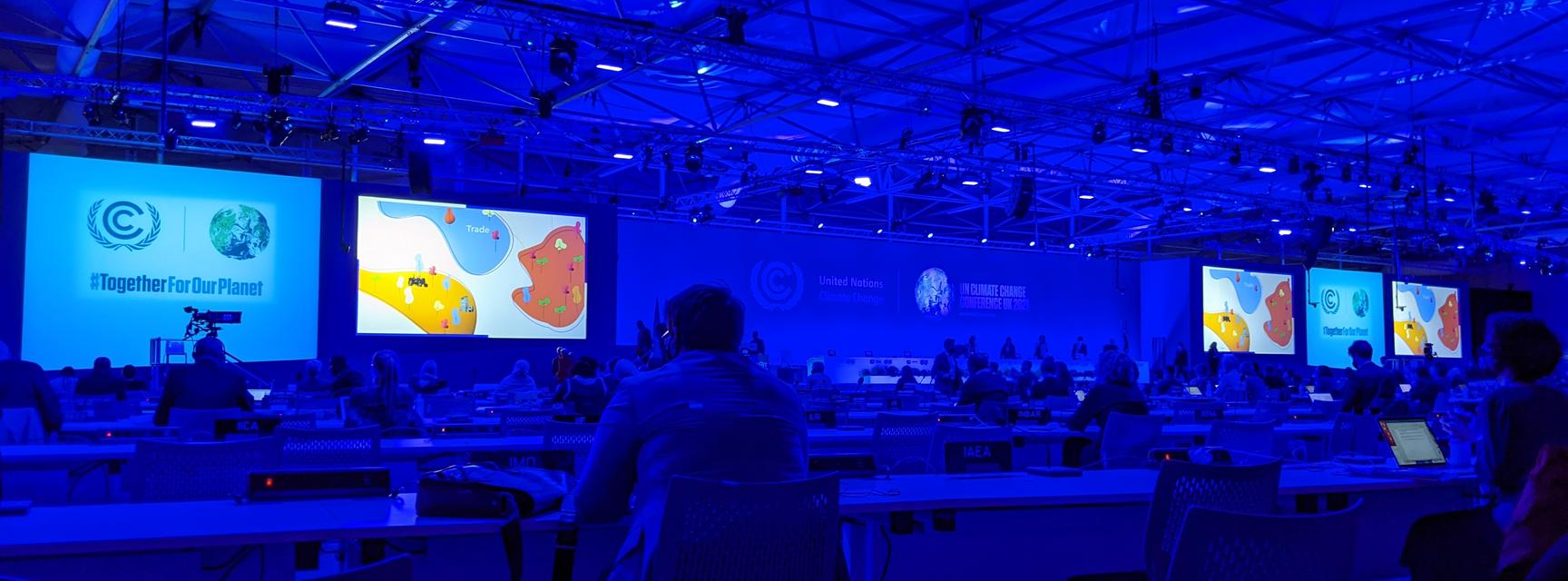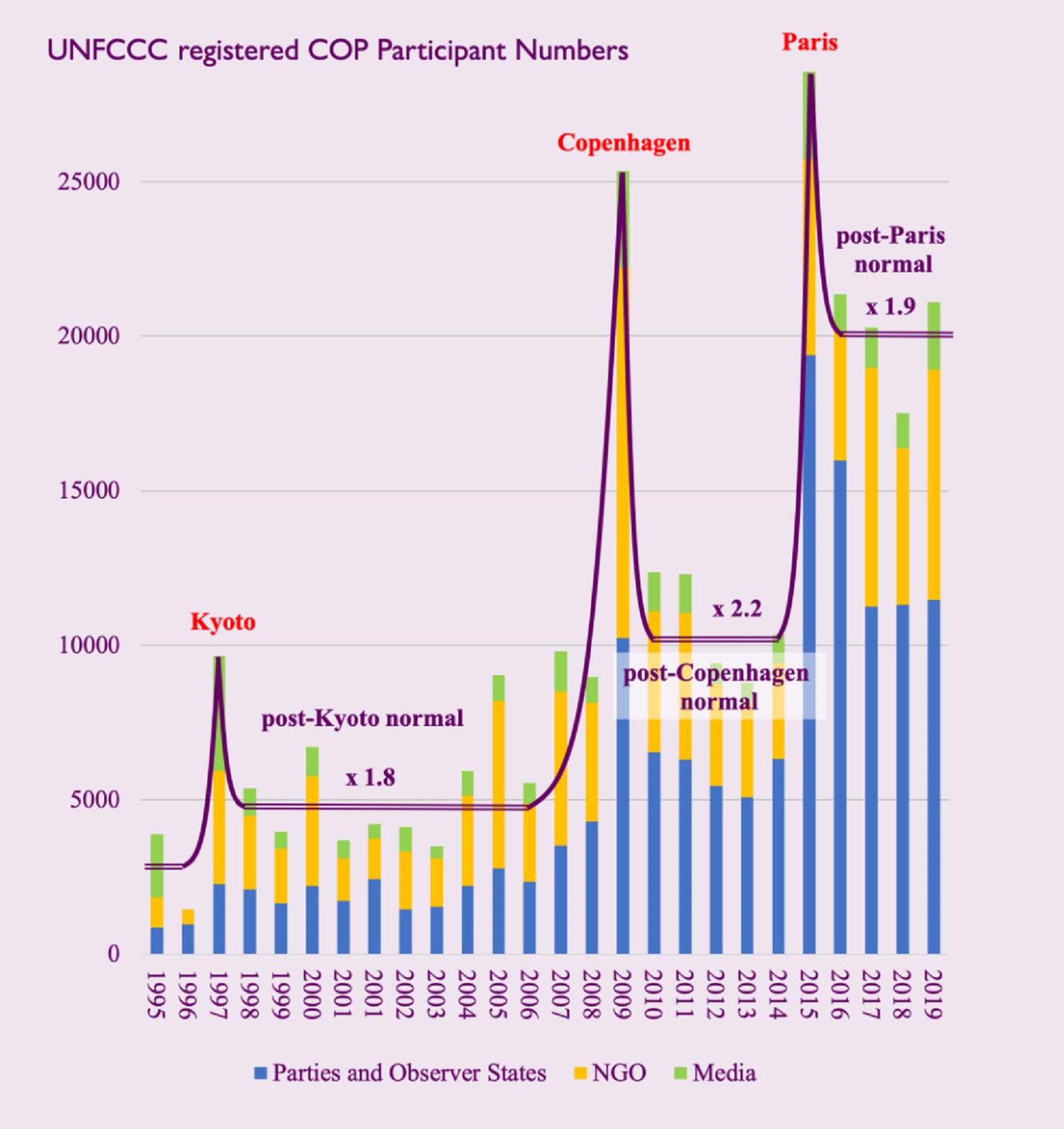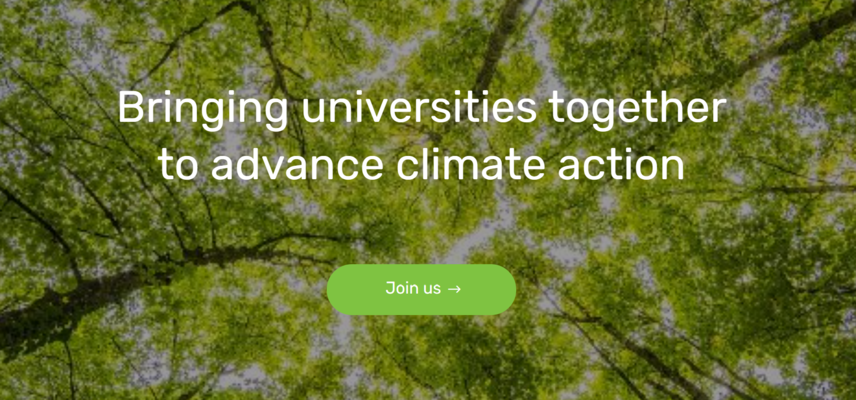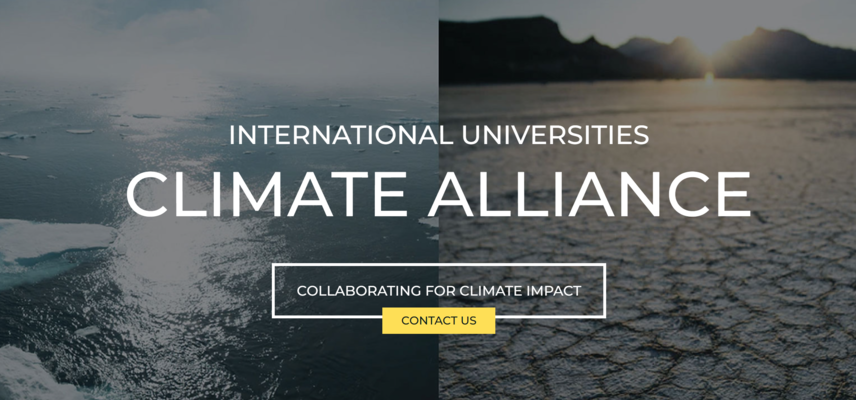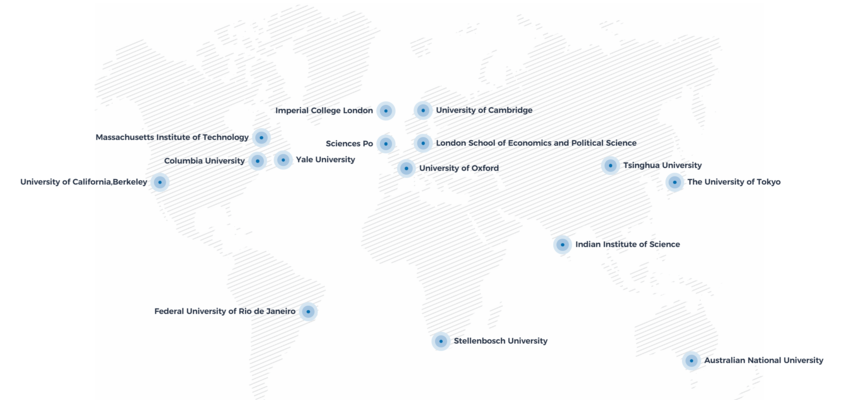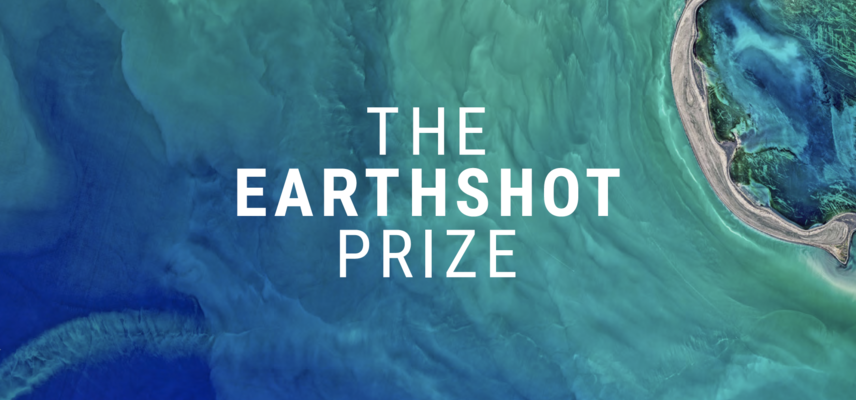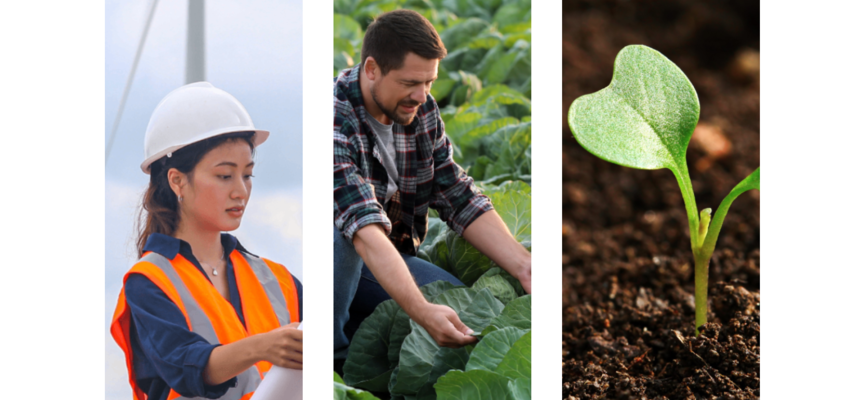The multilateral climate change negotiations involve three interrelated multilateral treaties: the United Nations Framework Convention on Climate Change (UNFCCC, entry into force 1995), The Kyoto Protocol (KP, 2005), and the Paris Agreement (PA, 2015). Each of these treaties has its own governing body:
-
the ‘Conference of the Parties (COP) of the UNFCCC’;
-
the ‘COP serving as the Meeting of the Parties of the KP’ (CMP); and
-
the ‘COP serving as the Meeting of the Parties of the PA’ (CMA),’
the meetings of which are referred to as ‘Sessions’, and identified by their number (‘COP27’ is the 27th Session of the COP).
Apart from the governing bodies, the multilateral climate change negotiations (informally often also referred to as ‘UNFCCC’) involve a number of process management-, subsidiary- and constituted bodies, of which the latter two may admit observers to their meetings.
The two permanent Subsidiary Bodies – for Implementation (SBI), and for Scientific and Technological Advice (SBSTA) – meet during the annual governing body Sessions, and intersessionally (usually in June in at the seat of the UNFCCC Secretariat in Bonn/Germany).
The UNFCCC website lists 14 constituted bodies involved in the UNFCCC process, namely:
-
Advisory Board of the Climate Technology Centre and Network (CTCN);
-
CDM EB - Executive Board of the Clean Development Mechanism (CDM);
-
Executive Committee of the Warsaw International Mechanism for Loss and Damage;
-
Katowice Committee of Experts on the Impacts of the Implementation of Response Measures (KCI);
-
Facilitative Working Group of the Local Communities and Indigenous Peoples Platform;
Many of these admit observers to their meetings, but the University is not involved in the selection process for attending these meetings, which is in most cases managed by the UNFCCC Secretariat through the relevant UNFCCC observer constituencies. To find out about upcoming meetings of these bodies, please consult their webpages (as hyperlinked in the list above).
The University is a member of the Research and Independent NGO (RINGO) constituency of admitted UNFCCC NGO observer organizations. Notifications of opportunities to participate as an observer at constituted bodies meeting are usually be disseminated through the ICP mailing list.
University members who want to participate will normally be requested to apply to the RINGO focal points. The selection of participants is carried out by the RINGO Steering Committee, in accordance to criteria listed on the RINGO website (which also has a calendar with the upcoming opportunities to attend constituent bodies meetings).
University UNFCCC Session Seminars will be advertised via the International Climate Policy (ICP) mailing list (see below), on the ECI website and via Oxford Network for the Environment events email bulletins.
To be kept informed about events and opportunities for engaging with the UNFCCC, register with the University’s International Climate Policy (ICP) mailing list. N.B. The mailing list is open to members of the University of Oxford only.
To join, send your University (‘ox.ac.uk’) email address to the University’s UNFCCC contact point at administrator_crl@ouce.ox.ac.uk with subject-line: ICP mailing list.



